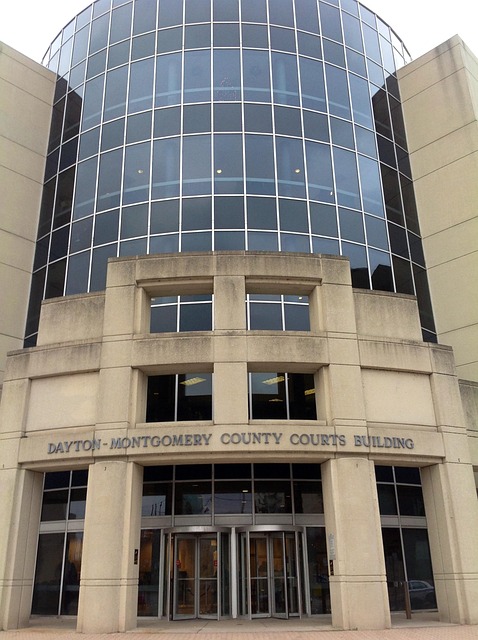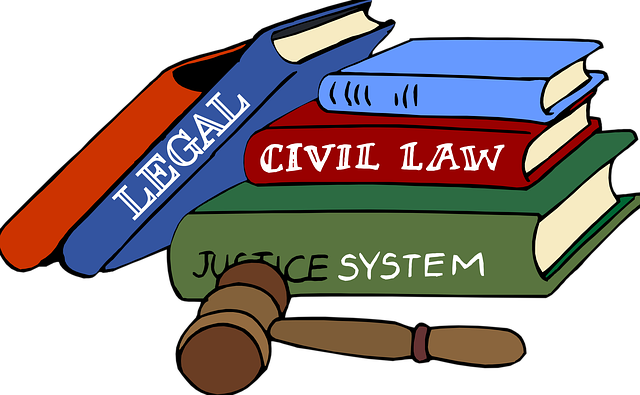Environmental Regulation Violations stem from non-compliance with laws protecting natural resources and public health. Companies, especially high-risk sectors, seek Legal Assistance for Environmental Regulation Violations to avoid legal troubles. Proactive strategies include regular audits, employee training, and robust internal controls. With specialized counsel, businesses manage violations, potentially securing dismissals while maintaining compliance and reputational integrity. C-Level Investigations offers tailored defense strategies, combining technical expertise with regulatory knowledge to advocate for favorable resolutions. Early engagement of legal experts is crucial for mitigating penalties, preventing future infringements, and fostering environmental accountability.
In today’s business landscape, understanding and adhering to environmental regulations is paramount. When violations occur, C-level investigations play a pivotal role in corporate defense strategies. This article delves into the intricacies of legal assistance tailored for environmental regulation violations, exploring how such inquiries safeguard corporate accountability while mitigating hefty penalties. We dissect effective strategies for navigating these complex scenarios, emphasizing the importance of proactive measures to minimize environmental impact and foster sustainable business practices.
- Understanding Environmental Regulation Violations
- Role of C-Level Investigations in Legal Defense
- Navigating Legal Assistance for Corporate Accountability
- Strategies for Mitigating Environmental Impact Penalties
Understanding Environmental Regulation Violations
Environmental Regulation Violations can occur when businesses fail to adhere to local, state, or federal laws designed to protect our natural resources and public health. These violations range from air quality standards to water pollution control and waste management regulations. Understanding these complex laws is essential for companies aiming to avoid legal pitfalls. Many organizations, especially those in high-risk industries, seek Legal Assistance for Environmental Regulation Violations to ensure compliance and mitigate potential risks.
Proactive measures can help businesses navigate this regulatory landscape successfully. This includes regular environmental audits, employee training on compliance issues, and implementing robust internal controls. While accidents happen, having a comprehensive understanding of the regulations and a strategic defense plan can lead to avoiding indictment or achieving a complete dismissal of all charges. Additionally, with the right legal counsel specializing in white collar defense, companies can navigate these challenges effectively, ensuring they remain compliant while protecting their reputation.
Role of C-Level Investigations in Legal Defense
C-Level Investigations plays a pivotal role in providing Legal Assistance for Environmental Regulation Violations, offering specialized expertise at all stages of the investigative and enforcement process. Their team of seasoned professionals is adept at navigating complex legal landscapes, ensuring clients receive robust defense strategies tailored to their unique circumstances.
Through meticulous research, data analysis, and strategic planning, C-Level Investigations helps individuals and organizations achieve extraordinary results in environmental cases. They offer more than general criminal defense; they provide a comprehensive approach, combining technical knowledge with a deep understanding of regulatory frameworks. This enables them to build strong defenses, mitigate risks, and advocate for the best possible outcomes.
Navigating Legal Assistance for Corporate Accountability
In today’s corporate landscape, navigating legal assistance for environmental regulation violations is a complex and high-stakes case. As C-level executives face scrutiny, ensuring complete dismissal of all charges becomes paramount to preserving the company’s reputation and financial stability. Legal experts play a crucial role in guiding organizations through these challenging times, offering strategic advice that can help avoid indictment and mitigate potential penalties.
When faced with environmental regulatory issues, companies must engage legal assistance promptly. High-stakes cases often require meticulous documentation, robust compliance strategies, and innovative legal defenses. Skilled attorneys can help identify the root causes of violations, devise plans to rectify them, and navigate negotiations with regulatory bodies. The ultimate goal is not just to resolve current issues but also to establish robust systems that prevent future infringements, fostering a culture of environmental accountability within the organization.
Strategies for Mitigating Environmental Impact Penalties
When facing environmental regulation violations, strategic planning is key to mitigating potential penalties and protecting your organization’s future. One effective approach involves engaging Legal Assistance for Environmental Regulation Violations early on. Specialized legal teams can provide invaluable guidance tailored to the specific circumstances of the case. They help navigate complex regulatory frameworks, ensuring compliance and offering solutions to avoid indictment in high-stakes cases.
These experts often employ a combination of strategies, such as developing robust internal protocols, conducting thorough audits, and implementing sustainable practices. By addressing violations proactively, companies can minimize legal costs associated with enforcement actions and potential criminal charges. A general criminal defense strategy, when executed effectively, can prevent severe repercussions and foster a culture of environmental responsibility within the organization.
C-level investigations are instrumental in navigating complex environmental regulation violations, offering a robust legal defense strategy. By leveraging specialized legal assistance, corporations can foster corporate accountability and mitigate severe penalties associated with environmental impact. These strategic approaches ensure compliance, promote sustainable practices, and safeguard businesses from regulatory pitfalls. In today’s world, where environmental stewardship is paramount, understanding these processes is key to thriving in a regulated landscape.






